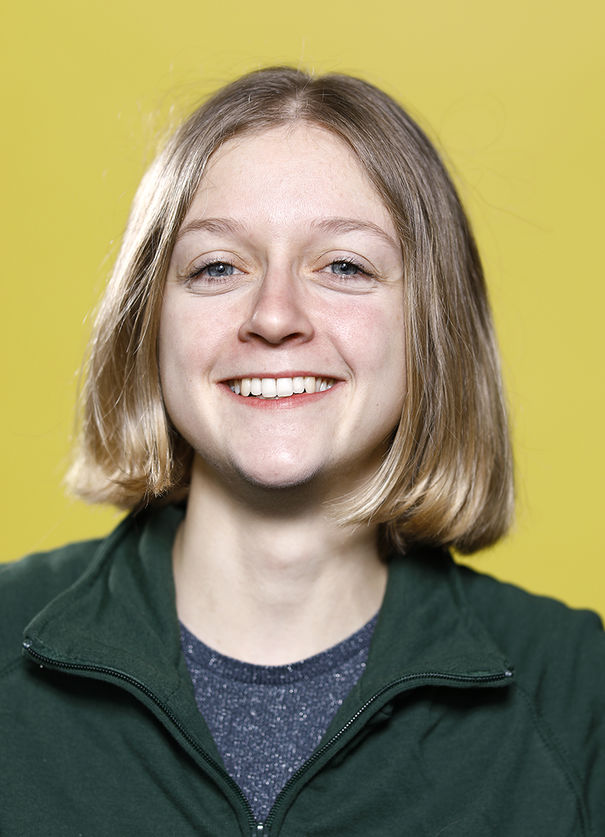Standing on the precipice, leaping into the unknown
by Lili Hering

For the longest time after the obligatory Disney period, my filmic universe consisted of five selected films: The Truman Show and Grease as representatives of “film history,” Little Miss Sunshine and Juno as emblems of what was (back then) the present, and on particularly nostalgic occasions, Harold and Maude – that was it. That very small selection owed to the few DVDs we had at our disposal – fewer still considering it would be up to three sisters to agree on each pick. Luckily, it later dawned on me that there was much more to discover than (indisputably powerful) funfair choreographies, or mysterious relationships to which large age gaps seemed to pose very minor concerns. And that, wonder of wonders, not all films had to be from the US.
Cinema thus became a tool I could use to see and make sense of the world. What would strike me as most exciting would often hail from the unknown, intriguing, and incomprehensible – at any rate, whatever lied farthest away from my own supremely subjective conceptions of a “here” and a “now”. Adding to a growing interest in moving images, art, and anthropology came a will to write, and the pleasure in finding an issue to dissect through accurate questions and right words.
But that posed new problematics. Who was I to decide whether or not something was worth writing about? And how would I do that, without slipping back into notions like “self” and “other?” At the same time, wasn't cinema a medium that could elaborate on those very questions - to articulate, critique, and ask them anew? I see The Unknown in cinema as a chance to look further, and, most importantly, to reverse that viewpoint – so that new “others,” or “selves” may emerge: whether they’re the characters populating Youssef Chahine’s Egypt, or the ones from Hassen Ferhani’s documentaries set in present-day Algeria; the teenagers dotting Jennifer Reeder’s pink-lit worlds, or Myroslaw Slaboschpyzkyj’s Tribe; Agnès Varda’s eccentrics, or the little girl from System Crasher, exposing the world’s injustices.
While living and working in Germany, it is not the German film circuit that I know best. Having concentrated on Arab cinema for the past few years, issues like post-colonialism, anti-racism, and intersectional feminism have become essential to my work. Being able to utter a voice while contributing to a discourse in the process is a privilege that I always want to remain aware of. With a fondness for cinema that has grown parallel to a love for theatre, performance, visual arts and literature, I try to understand films as they relate to other art forms, as well as embedded in complex cultural, historical, and political contexts. I like to think of the festival circuit as a never-ending school trip: nostalgia usually creeps in on the last few days, anticipating the sadness that will erupt at the very end. But until then, let the voyage begin.

